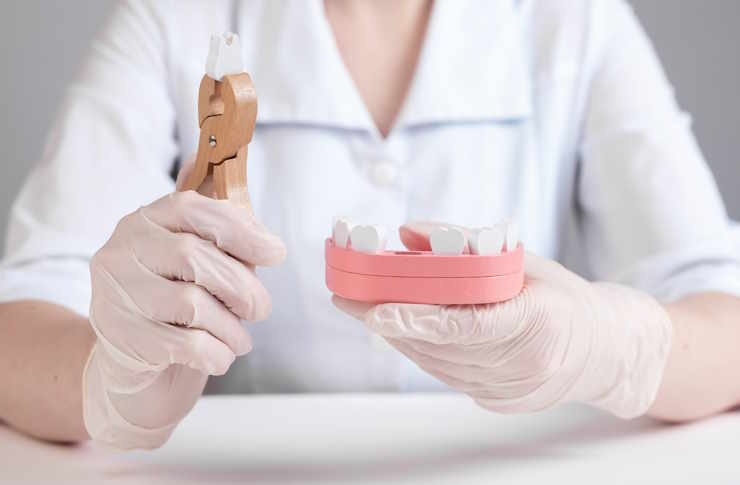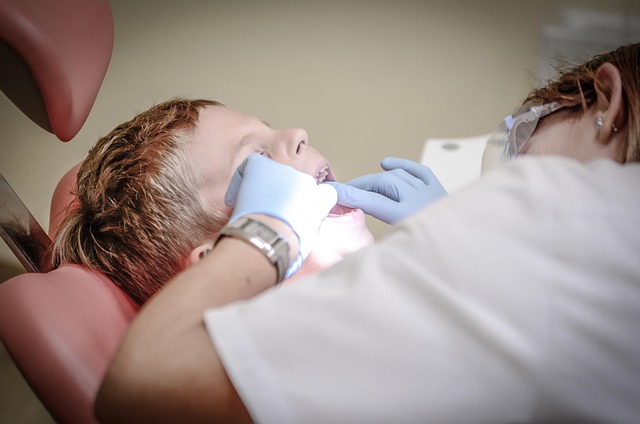Understanding Dental Implants: Procedures, Options, and Costs
Dental implants have revolutionized tooth replacement, offering a permanent solution for missing teeth that looks and functions like natural teeth. This comprehensive guide explores the latest minimally invasive techniques, treatment options, and what patients in Hungary can expect from modern implant procedures.

Dental implants represent one of the most significant advances in modern dentistry, providing a durable and natural-looking solution for tooth loss. Unlike traditional dentures or bridges, implants integrate directly with your jawbone, creating a stable foundation that can last decades with proper care.
New Dental Implant Procedures with Minimally Invasive Techniques
Modern dental implant procedures have evolved significantly, with minimally invasive techniques now offering reduced recovery times and improved patient comfort. These advanced methods utilize computer-guided surgery and specialized instruments to place implants with minimal tissue disruption. The procedure typically involves creating a small incision in the gum tissue, precisely drilling a socket in the jawbone, and inserting the titanium implant. Many patients experience less swelling, reduced bleeding, and faster healing compared to traditional surgical approaches.
Flapless surgery represents another breakthrough in implant dentistry, where implants are placed through the gum tissue without creating large incisions. This technique preserves more of the natural gum architecture and often eliminates the need for sutures, making the entire process more comfortable for patients.
Everything You Need to Know About the Implant Process
The dental implant process begins with a comprehensive examination, including X-rays and sometimes CT scans to assess bone density and structure. During the initial consultation, your dentist will evaluate your overall oral health, medical history, and discuss treatment expectations. The actual implant placement is typically performed under local anesthesia, though sedation options are available for anxious patients.
Following implant placement, a healing period of 3-6 months allows for osseointegration, where the titanium implant fuses with the surrounding bone tissue. During this time, patients may wear a temporary restoration to maintain aesthetics and function. Once healing is complete, an abutment is attached to the implant, and a custom crown is fabricated to match your natural teeth perfectly.
Success rates for dental implants exceed 95% when performed by qualified professionals, making them one of the most predictable treatments in dentistry. Proper oral hygiene and regular dental visits are essential for long-term implant success.
Affordable Dental Implant Options and Considerations
Hungary has become a popular destination for dental tourism, offering high-quality implant treatments at competitive prices. Several factors influence implant costs, including the type of implant system used, the complexity of the case, and whether additional procedures like bone grafting are necessary.
| Treatment Type | Provider Examples | Cost Estimation (EUR) |
|---|---|---|
| Single Implant + Crown | Private Dental Clinics | 800-1,500 |
| All-on-4 Full Arch | Specialized Implant Centers | 4,000-8,000 |
| Bone Grafting (if needed) | Oral Surgery Practices | 300-800 |
| Immediate Load Implants | Advanced Dental Clinics | 1,000-2,000 |
Prices, rates, or cost estimates mentioned in this article are based on the latest available information but may change over time. Independent research is advised before making financial decisions.
Many Hungarian dental clinics offer comprehensive treatment packages that include consultation, surgery, temporary restorations, and follow-up care. Some practices provide payment plans or financing options to make treatment more accessible. When considering implant treatment, it’s important to factor in the long-term value, as quality implants can last 25 years or more with proper maintenance.
Factors Affecting Implant Success and Longevity
Several factors influence the success and longevity of dental implants. Adequate bone density is crucial for implant stability, and patients with insufficient bone may require grafting procedures before implant placement. Smoking significantly increases the risk of implant failure and should be avoided during the healing process.
Systemic health conditions like diabetes or osteoporosis may affect healing and osseointegration, requiring careful management and monitoring. Age is generally not a limiting factor, as healthy older adults often make excellent implant candidates. The quality of oral hygiene and regular professional maintenance play vital roles in preventing peri-implantitis, an inflammatory condition that can threaten implant stability.
Choosing the Right Implant System and Provider
Not all implant systems are created equal, and choosing a reputable brand with extensive research backing is important for long-term success. Leading implant manufacturers like Straumann, Nobel Biocare, and Zimmer Biomet offer systems with decades of clinical documentation and proven track records.
When selecting a dental provider, consider their experience with implant procedures, continuing education credentials, and access to modern technology. Digital planning software, 3D imaging capabilities, and in-house laboratory services can significantly improve treatment outcomes and patient experience.
Dental implants offer a life-changing solution for tooth loss, combining functionality with aesthetics in ways that traditional replacements cannot match. With advances in minimally invasive techniques and growing accessibility in Hungary’s dental market, more patients can benefit from this transformative treatment. Proper planning, realistic expectations, and commitment to oral health are key to achieving successful long-term results with dental implants.




